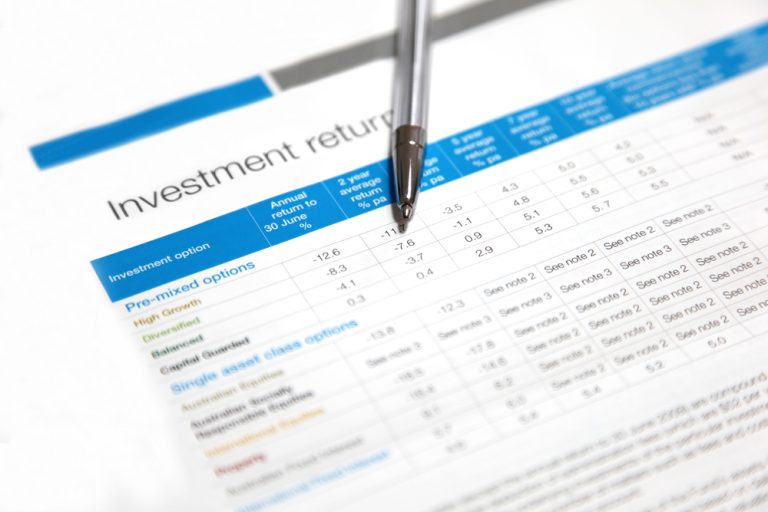An often forgotten aspect of insurance
When most people think about financial planning, they tend to focus on the wealth creation side of things, but often forget about the wealth protection. Building a financial plan without adequate insurance is like building a house on flimsy foundations. Comprehensive insurance cover can be a significant expense; however, these costs can be made more affordable by taking advantage of the tax deductions that apply to specific types of insurance, and to some methods of implementing insurance. Income protection Due to the high frequency of claims, premiums for income protection insurance can be quite high. However, they are tax-deductible, so the cost is discounted at the same rate as the policy holder’s marginal tax rate. For example, someone on a marginal tax rate of 39% (including 2% Medicare levy), paying a premium of $1,000 would have an out of pocket cost of just $590, after the tax deduction is claimed. It needs to be remembered, however, that any benefits paid under an income protection policy are treated as assessable income, and therefore subject to tax. Life insurance While the premiums for life insurance are not normally tax-deductible to individuals, there is a simple way to gain a tax benefit. Superannuation funds can claim a tax deduction for the life insurance premiums they pay. So, by taking out life insurance via a superannuation fund, a similar result can be gained as if the premium was deductible to the person taking the insurance. Using superannuation to provide life insurance has another potential benefit. As premiums are paid by the fund, it reduces the pressure on household cash flow. This may reduce the ultimate superannuation payout, but if the savings made outside of super are used wisely, the overall financial position should be improved. The proceeds of life insurance are generally not taxable. However, a death benefit paid from a super fund to a non-dependant may be subject to some tax. Total and permanent disability insurance (TPD) TPD insurance is usually attached to life insurance. From a tax perspective it’s treated in a similar way, so implementing it via superannuation is usually the most tax-effective way to do it. However, TPD policies held in super must have a stricter definition of what constitutes ‘total and permanent disability’ than similar policies held outside of super. Trauma insurance Trauma insurance pays a lump sum if the policy holder suffers a defined medical condition or injury. It cannot be implemented through superannuation. Premiums are not tax-deductible, but benefit payments are not subject to tax. As with investing, the main focus on insurance shouldn’t just be on saving tax. It is a protection tool. Always talk to a qualified adviser to ensure you get the appropriate level of cover, and the most tax effective way to implement it. The information provided in this article is general in nature only and does not constitute personal financial advice.

